The tooth fairy is a welcome guest for any child who has lost a tooth. Not only will the fairy leave a small gift under the child’s pillow, but they be assured of a replacement tooth in a few months. Unfortunately, the scenario is quite different for adults grappling with a loss of teeth. Luckily, there may be some hope thanks to a new study performed by scientists at Kyoto University and the University of Fukui.
A dental breakthrough
While the typical adult mouth houses 32 teeth, approximately 1% of the population exhibits variations of them, either possessing more or fewer teeth due to congenital conditions. Researchers have delved into the genetic factors behind cases of excessive teeth, seeking valuable insights into the potential regeneration of teeth in adults. This study is the first to show that monoclonal antibodies can help regrow teeth. It suggests a new way to treat a dental problem that currently requires implants and other artificial solutions.
A bit of science
The research team disclosed that an antibody targeting a specific gene, known as uterine sensitization-associated gene-1 (USAG-1), can induce tooth development in mice affected by tooth agenesis, a congenital condition. The findings were published in the journal, Science Advances.
As per Katsu Takahashi, a senior lecturer at the Kyoto University Graduate School of Medicine and one of the principal contributors to the study, the essential molecules crucial for the development of teeth have already been pinpointed. “The morphogenesis of individual teeth depends on the interactions of several molecules including BMP, or bone morphogenetic protein, and Wnt signaling,” says Takahashi.
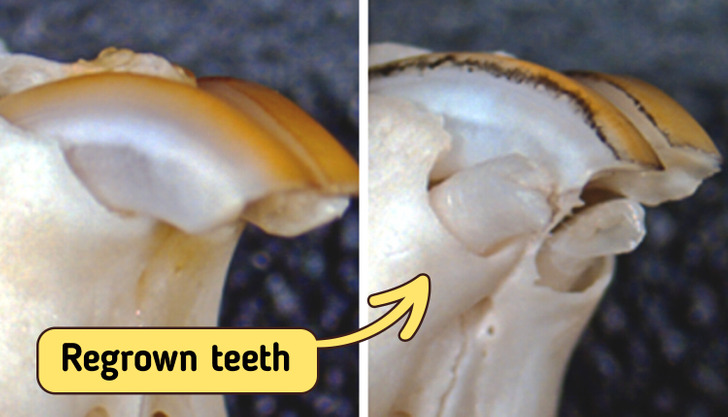
On April 13, 2021, the University of Kyoto posted its first pic of newly-grown teeth in mice.
BMP and Wnt are involved in more than just tooth development; they affect the growth of organs and tissues early in the body’s development. Because drugs affecting them directly might have broad side effects, scientists are cautious. To find a potentially safer method, researchers focused on the gene USAG-1, thinking that aiming at factors countering BMP and Wnt specifically in tooth development could be more precise.
“We knew that suppressing USAG-1 benefits tooth growth. What we did not know was whether it would be enough,” added Takahashi.
The first results
Scientists looked at how different monoclonal antibodies affect USAG-1. Monoclonal antibodies are often used to treat things like cancer and arthritis and for making vaccines. Tests with this antibody showed that BMP signaling is crucial for deciding the number of teeth in mice. Also, just one treatment was enough to grow a whole tooth. Further tests confirmed these positive results in ferrets too.
“Ferrets are diphyodont animals with similar dental patterns to humans. Our next plan is to test the antibodies on other animals, such as pigs and dogs,” explained Takahashi.
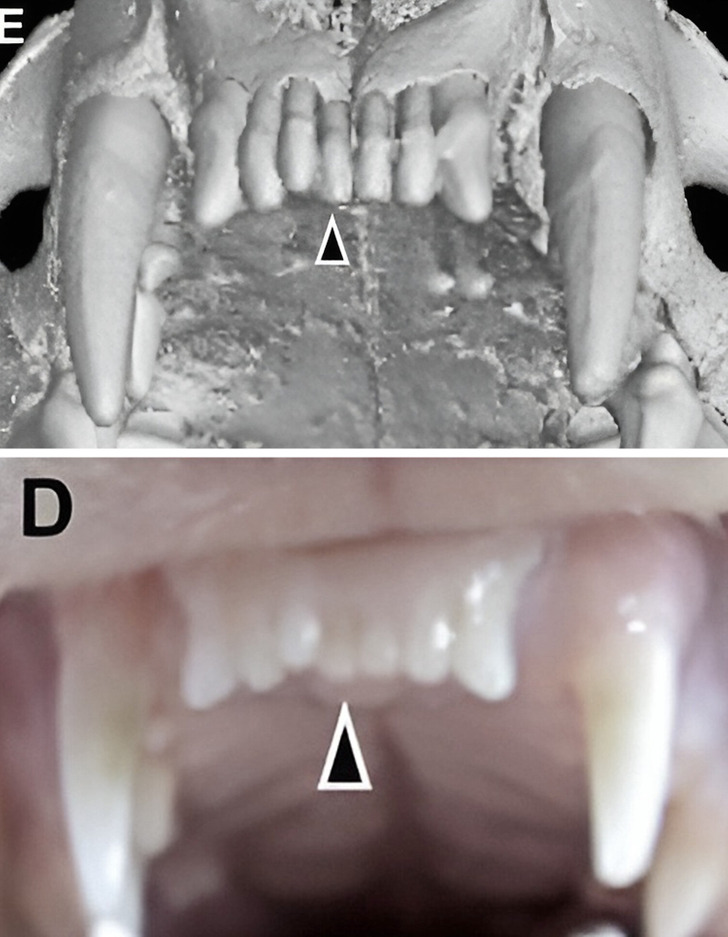
Fully regrown frontal teeth in ferrets
The next steps
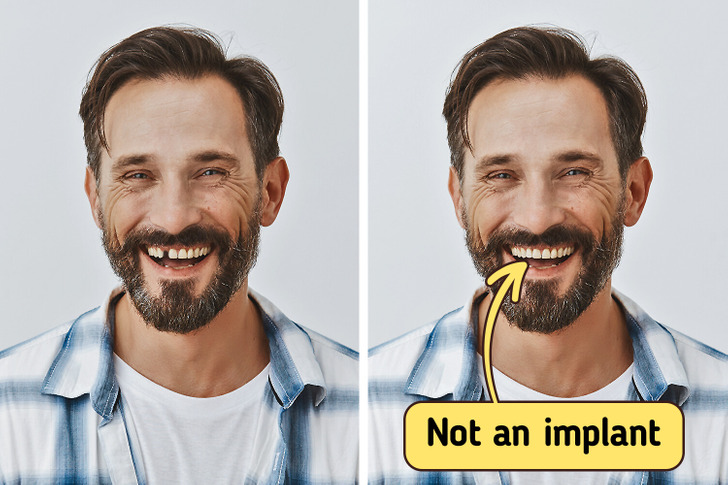
Now, scientists are going to test the drug on healthy adults. If that goes well, the team plans to try it on kids aged 2 to 6 with a rare tooth problem called anodontia, a genetic disorder defined as the absence of all teeth. These kids will get one shot of the drug to see if it makes their teeth grow. If everything works out, the medicine might be approved by 2030.
Takahashi sees the new medicine as an additional choice for individuals who are missing some or all of their teeth.
“The idea of growing new teeth is every dentist’s dream,” Takahashi told the Japanese newspaper, The Mainichi in June this year. “I’ve been working on this since I was a graduate student. I was confident I’d be able to make it happen.”
So hopefully, by the year 2030, humans will get a chance to have their third generation of teeth grown and say goodbye to implants. Until then, make sure to keep your teeth strong and healthy — this article will help you with that.
Preview photo credit KyotoU_News / Twitter
“How Come She Still Has Her Hair”, Princess Catherine’s First Outing Shocks People Amid Chemo Treatment
Princess Catherine of Wales wowed everyone with her first public appearance in months. People were blown away by her hair, especially since she’s been dealing with chemotherapy and hair loss, and couldn’t stop talking about it.

The Princess of Wales has had an incredibly challenging year, returning to the public eye four months after starting chemotherapy. Kate was diagnosed with cancer and has been recovering at home in Windsor with the support of her husband, Prince William, and the Middleton family.
The mother of three asked for time, space, and privacy for her family when she announced that she was being treated for an undisclosed form of cancer.
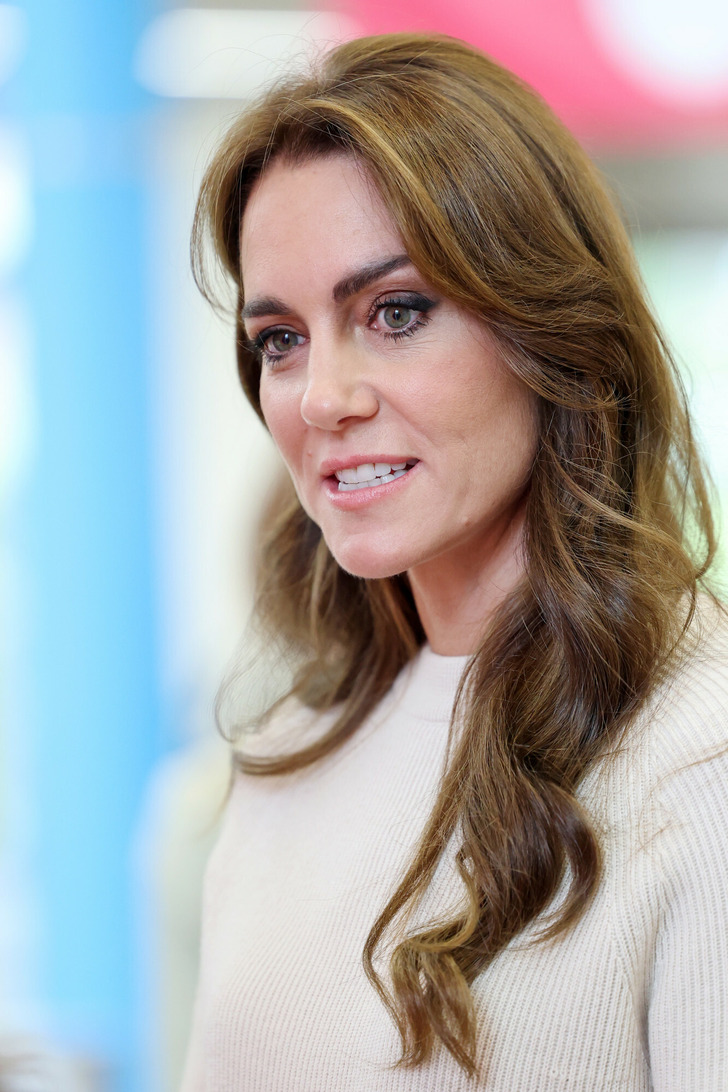
She made a stunning appearance at Trooping the Colour for King Charles III’s birthday parade in London, turning heads with her gorgeous dress and hair. This was Catherine’s first public event since her diagnosis, and she wowed everyone in a white dress with black trim and ribbon details on the neckline.
Catherine finished her upcycled outfit with a white hat, pearl studs, and the Irish Guards Regimental Brooch, honoring her role. Her hair was styled in a low bun with intricate detailing, and it was this detail that people mostly focused on.
Many questioned her hair, given that she had undergone chemotherapy. Some even doubted it was the Princess of Wales. “That’s not her,” someone commented in disbelief, while another stated, “That’s not Kate.”
One user expressed genuine curiosity, saying, “Want to know how she’s keeping her hair through chemotherapy… This is a serious question. I am not making a dig or anything like that…”

“You can have chemotherapy and not lose your hair?”, someone else questioned, or others commented with things like: “Was William with her? And if she’s having chemo how come she still has her hair?”.
Comments continued, and a user commented underneath a video displaying the princess with her daughter Charlotte: “She doesn’t look herself however I find it a bit weird that after 6 months of chemo she still looks good. I mean bless her if this is the case, but I still believe that something else is up.”
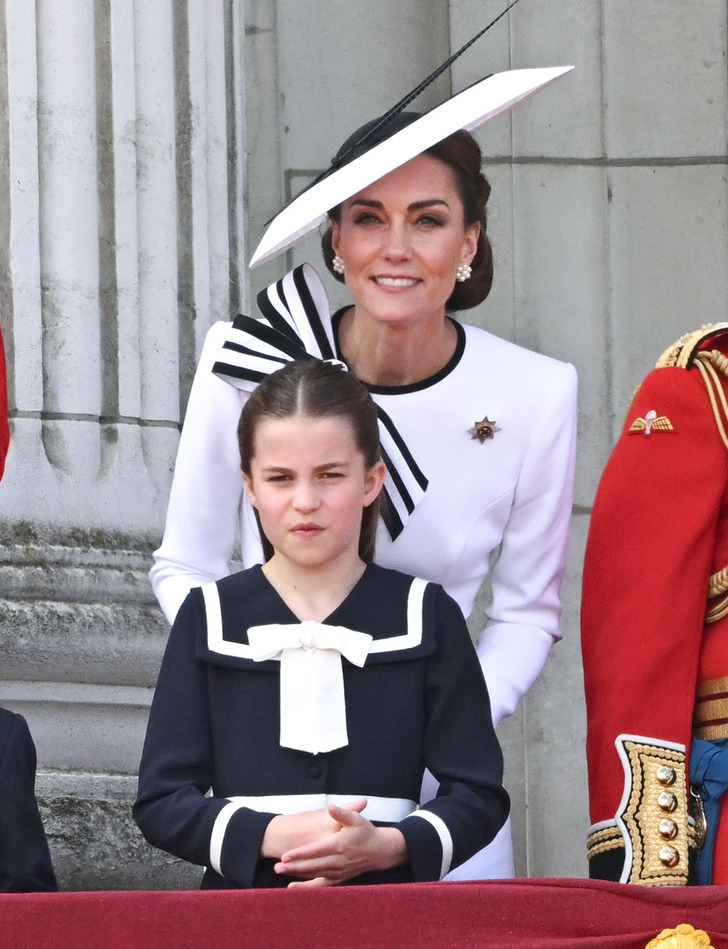
Amidst questions and curiosity, people couldn’t help but feel joy seeing Kate return to the public eye looking as stunning as ever. Most comments highlighted this, complimenting the Princess of Wales on her appearance.
“Such beauty, grace, and elegance while the whole world is watching all while facing the toughest time of life.. a true inspiration what a Princess…”, someone wrote. “She looks great considering what she’s going through. Praying she gets through the day as best as she can.”
Another user recognized Kate’s elegance and class, writing: “Looking beautiful, as usual! A true princess: elegant, classy & strong!”
People have been buzzing about Princess Catherine’s appearance on another occasion.



Leave a Reply